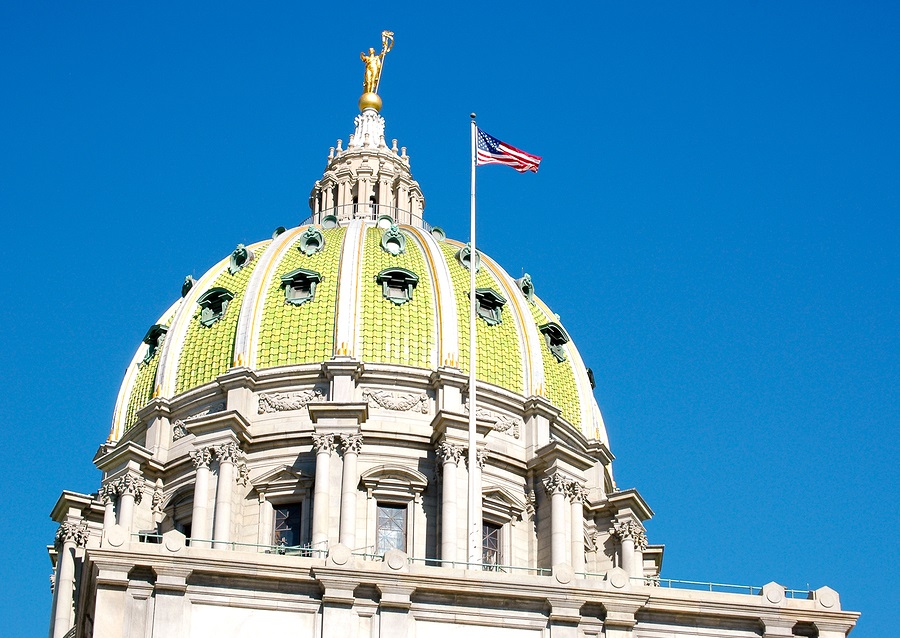HARRISBURG – The Environmental Protection Agency has released the Clean Power Plan.
Pennsylvania will use this as an opportunity to write a plan that could improve public health, address climate change and improve our economy and power system.
Pennsylvania’s Department of Environmental Protection will give all stakeholders every opportunity to provide input into drafting a Clean Power Plan that is tailored to fit Pennsylvania’s economy.
“My administration is committed to making the Clean Power Plan work for Pennsylvania,” said Gov. Tom Wolf. “Working with the legislature, industry leaders and citizens we will create a plan to ensure these new rules are applied fairly, allow for adjustments, and that they create economic opportunities for the commonwealth’s energy economy.
“Today’s plan sets ambitious but achievable goals for reducing carbon emissions statewide and addressing climate change in fair and smart ways that takes into account legitimate concerns of all parties.”
“Pennsylvania is a leader in energy, and we need to do everything in our power to advance the next generation of energy production while protecting jobs in Pennsylvania,” continued Wolf.
“Clean coal is a part of our energy portfolio, as is natural gas, solar, wind, and other sources of power, and all of this has to be part of a comprehensive strategy. My administration looks forward to working with industry leaders and legislators as well as citizens to find the right balance and develop and effective and responsible state plan.”
Pennsylvanians will have multiple options for input as the Department of Environmental Protection (DEP) formulates a state-specific plan to comply with the EPA rule. A public comment period on the EPA rule will begin in early September, with additional comment periods over the next three years as the Pennsylvania plan is drafted and finalized.
“We will make certain that we craft a Pennsylvania solution that protects the state’s vital role as a net electricity exporter,” said DEP Secretary John Quigley.
“Our strategy must ensure we are protecting our diverse resources and creating economic opportunities. We’ll explore different methods of reaching the required reductions, options of partnering with fellow states, and other considerations.”
DEP staff have already begun assessing the implications of the Clean Power Plan through the National Governors Association Policy Academy, which is developing detailed economic modeling to find solutions that meet Pennsylvania’s needs. These modeling exercises will continue now that the details of the plan have been released.
“Cutting pollution from power plants, utilizing natural gas, supporting nuclear power plants, increasing the amount of renewable energy in Pennsylvania, and improving energy efficiency statewide all can fight climate change and be an economic driver,” said Quigley.
“When our businesses upgrade power plants, install solar panels or improve energy efficiency, that’s a win for the environment and a win for Pennsylvania’s economy.”
The Clean Power Plan sets a nationwide goal of cutting carbon emissions by 32 percent from 2005 levels by 2030, with progress towards those reductions by 2022.
“Pennsylvania is committed to achieving our target emission reductions, and we will develop the right tools and smart policies to do so,” said Quigley.
The final EPA rule will be published in the Federal Register on Sept. 4, and public comment will be available for the following 60 days. Public hearings will also be held across the state, with details to be released.



